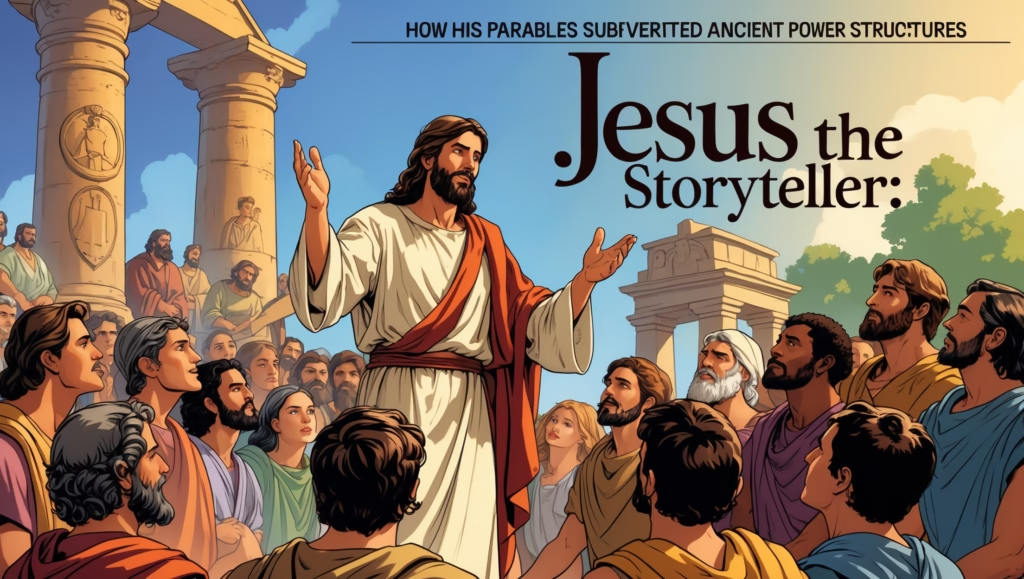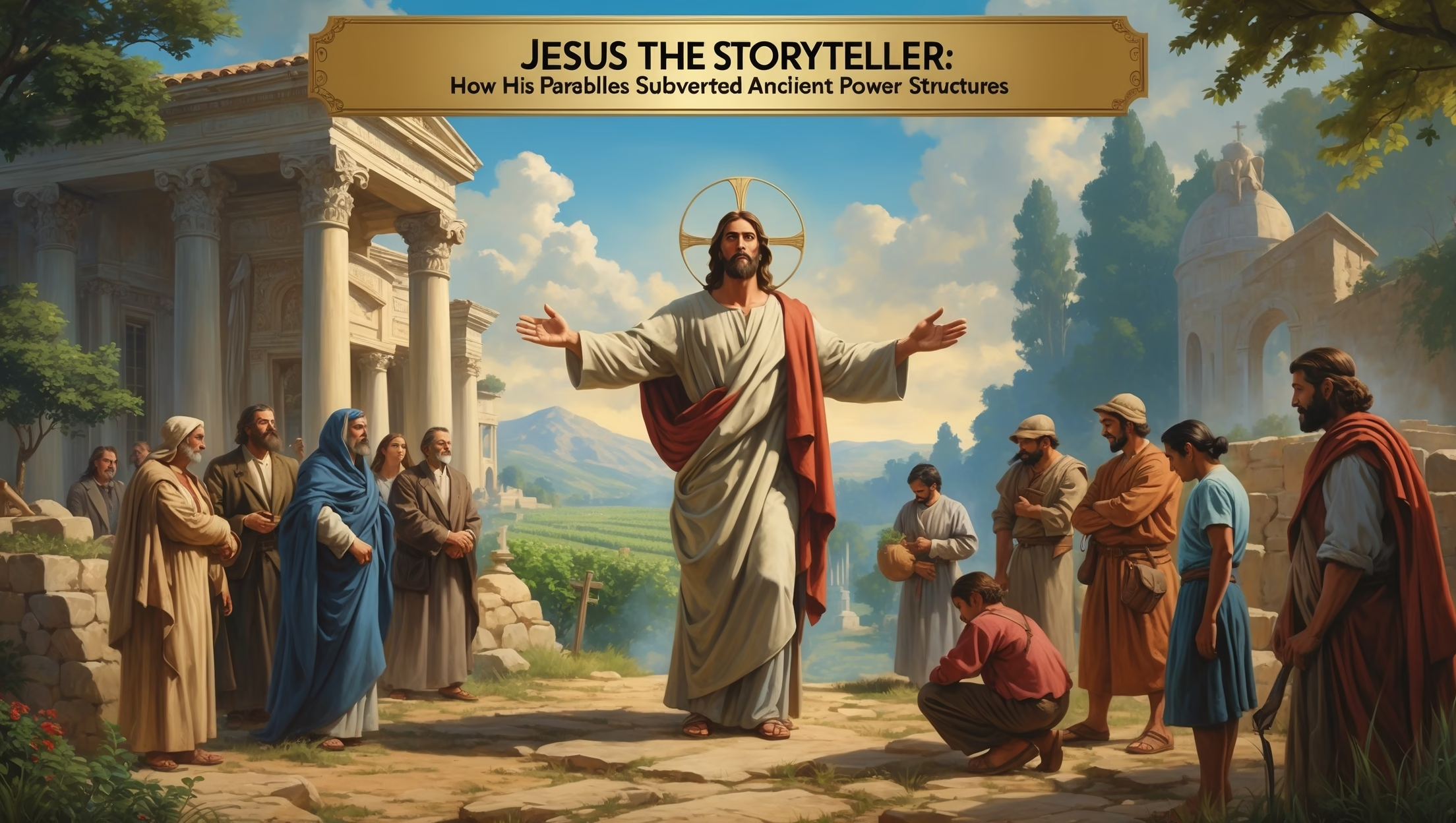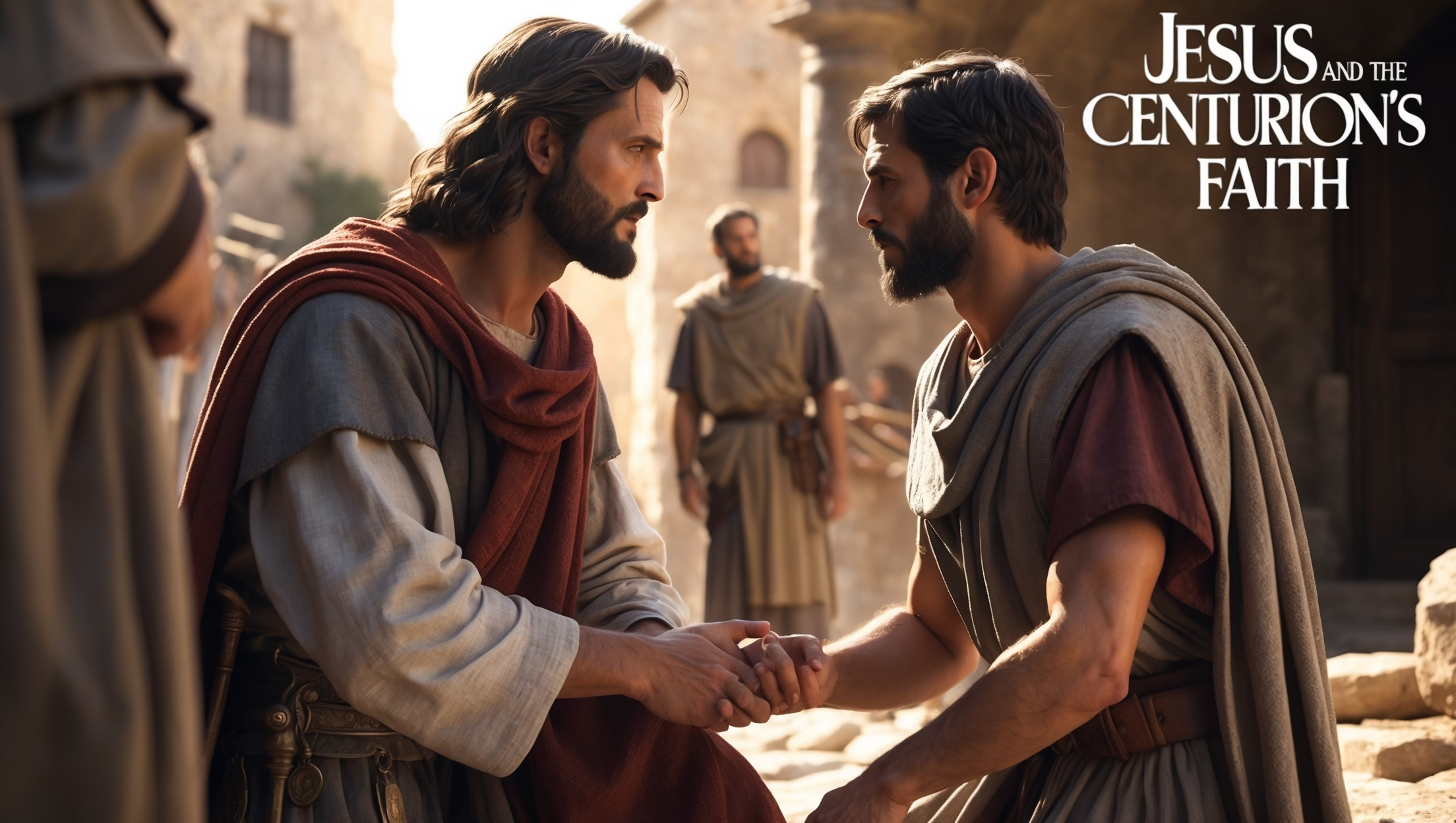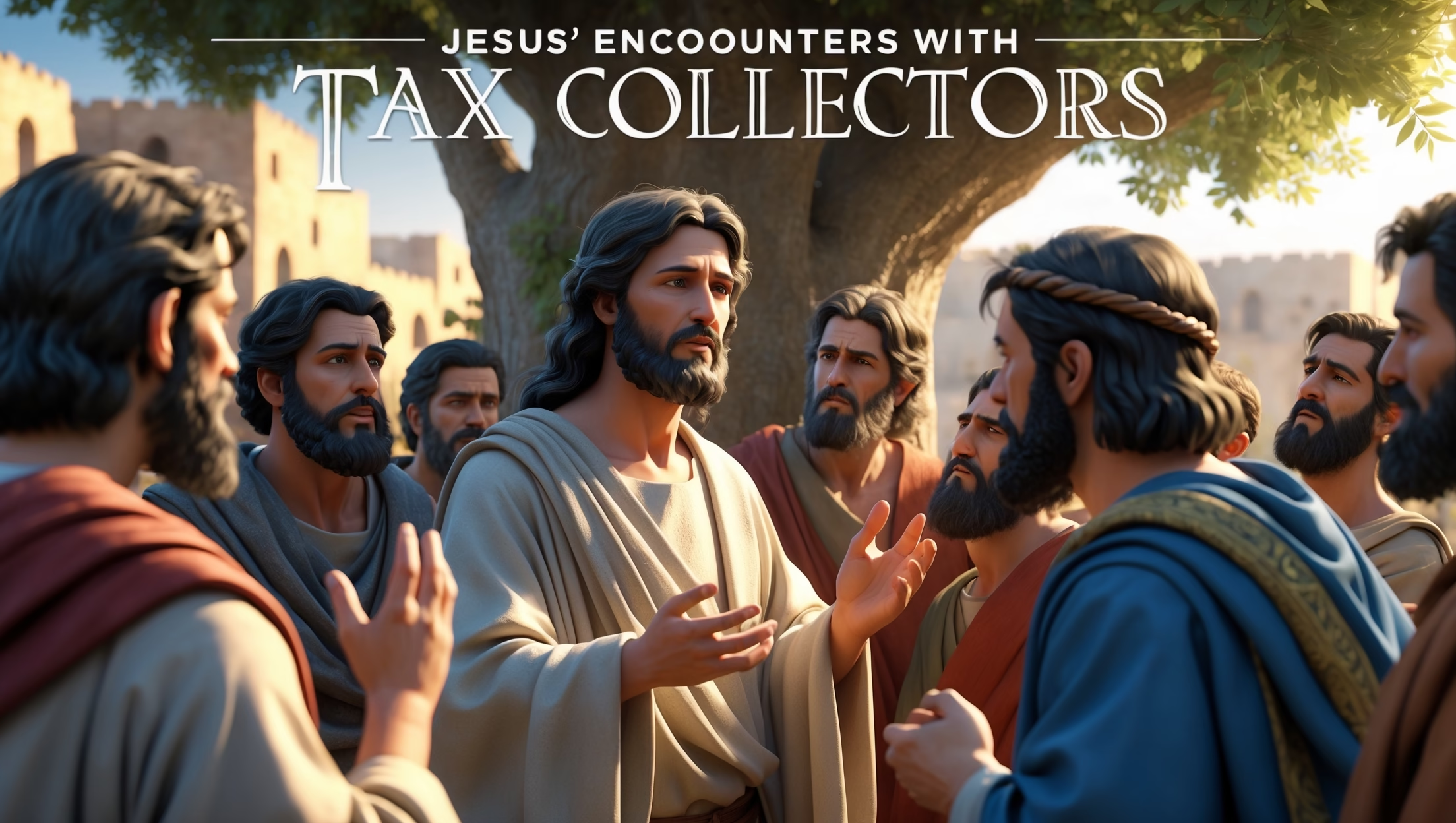The Radical Politics Behind Seemingly Simple Stories
When most people think of Jesus’ parables, they imagine quaint moral lessons about kindness, generosity, or forgiveness. In Sunday school, the parables are often reduced to children’s stories with a neat “moral of the day.” Yet in their original context, these narratives were not cozy fables. They were subversive commentaries on the social, political, and economic realities of first-century Palestine under Roman occupation.
Far from harmless stories, Jesus’ parables often carried explosive implications—critiquing religious leaders, undermining oppressive systems, and reimagining the very meaning of justice. They were, in effect, landmines disguised as folk tales: seemingly simple, but capable of unsettling entire structures of power.
By analyzing three of His most famous parables, we can see how they challenged entrenched hierarchies and why they still carry radical force today.

The Good Samaritan (Luke 10:25–37)
Subversion of Ethnic and Religious Boundaries
At first glance, the Good Samaritan story is about helping strangers in need. But in the polarized world of first-century Judea, its implications were incendiary. Samaritans and Jews despised each other, locked in centuries-old ethnic and religious conflict. To a Jewish audience, a Samaritan was not just a foreigner but a heretic—someone fundamentally outside the covenant community.
So when Jesus tells of a man beaten by robbers, ignored by both a priest and a Levite (symbols of religious authority), and ultimately rescued by a Samaritan, He flips expectations on their head. The so-called “heretic” becomes the moral exemplar, while the respected religious leaders are exposed as hypocrites.
The parable didn’t just advocate for compassion—it shattered ethnic hierarchies and religious self-righteousness. It dared to suggest that God’s mercy and true righteousness could be found outside the boundaries of Israel’s elite religious establishment.
Modern Parallel: Today, the parable still stings when applied to issues like immigration, racism, or nationalism. Imagine rewriting the story in modern terms: a migrant worker rescues someone after politicians and clergy walk by. The hero is the one society least expects, and the lesson is clear—our prejudices blind us to where true compassion resides.
The Unjust Judge (Luke 18:1–8)
Persistence, Power, and Protest
In this lesser-discussed parable, Jesus tells of a widow who relentlessly petitions a corrupt judge for justice. At first, he refuses to hear her case. But eventually, simply to avoid her constant pestering, he gives in.
What is shocking here is Jesus’ comparison: He likens God not to a loving parent or benevolent king, but to a cynical judge who only acts under pressure. To His audience, this would have sounded outrageous. Yet the parable makes a crucial point: if even corrupt officials can be swayed by persistence, how much more will God ultimately vindicate the oppressed?
But beyond theology, the story is political. The widow represents the powerless—the poor, the voiceless, the easily ignored. Her victory does not come through wealth, status, or legal maneuvering, but through relentless resistance. In essence, the parable empowers the marginalized to believe that their cries for justice matter.
Modern Parallel: This resonates deeply with social movements today—from civil rights marches to climate justice protests. Like the widow, activists often face entrenched systems resistant to change. Yet their persistence can wear down those in power, forcing even unwilling leaders to respond.
The Workers in the Vineyard (Matthew 20:1–16)
Rewriting Economic Logic
Perhaps one of Jesus’ most counterintuitive parables is the story of the vineyard workers. A landowner hires laborers throughout the day, some early in the morning, others just before evening. At day’s end, he pays all of them the same wage. Naturally, those who worked longer protest: “This isn’t fair!”
By normal economic standards, they are right. Yet the landowner insists on his generosity, declaring, “Are you envious because I am generous?”
Here, Jesus isn’t offering advice for business owners—He is presenting a vision of God’s kingdom that upends conventional notions of fairness and meritocracy. Grace, in this kingdom, is not a wage to be earned but a gift to be received.
Still, the parable had social and political bite. In a society where landowners exploited day laborers with meager pay, Jesus portrayed a radically different kind of employer—one who prioritized dignity over productivity. He challenged the entire wage-based logic of economic life.
Modern Parallel: Today, debates over wealth inequality, worker rights, and universal basic income echo similar tensions. The parable reminds us that God’s vision of justice does not mirror human systems of competition and scarcity. Instead, it reimagines an economy rooted in generosity and sufficiency for all.
Why These Stories Still Matter
Taken together, these parables were not simply religious lessons—they were acts of resistance. They critiqued corruption, dismantled prejudice, and proposed a radical reordering of society. No wonder they unsettled the powerful of Jesus’ time.
Even today, when we strip away centuries of domestication, these stories continue to challenge our assumptions:
- The Good Samaritan demands that we reconsider who our “neighbor” is in an age of xenophobia and border politics.
- The Unjust Judge emboldens marginalized communities to persist in the fight for justice, even when systems seem immovable.
- The Workers in the Vineyard pushes us to question our attachment to merit-based systems and imagine economies of grace.
Far from being outdated relics, Jesus’ parables remain potent critiques of systemic inequality. They call us not to passive moral reflection but to active engagement with the injustices of our world.
In this sense, Jesus was not only a religious teacher but also a radical storyteller—one whose tales could comfort the oppressed while simultaneously terrifying the powerful.
Conclusion: Reading with Revolutionary Eyes
When read as children’s fables, the parables of Jesus lose their sting. But when we hear them in their original historical and political context, they regain their revolutionary edge. They remind us that storytelling is never neutral—it shapes how we see the world and invites us to imagine alternatives.
For Jesus, parables were not simply teaching devices. They were tools of disruption—small, subversive seeds planted in the hearts of His listeners. And like seeds, their radical potential continues to grow, challenging every generation to confront its own hierarchies and injustices.
The question is: will we hear them as quaint stories of kindness, or as the dangerous, transformative narratives they truly are?










